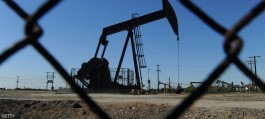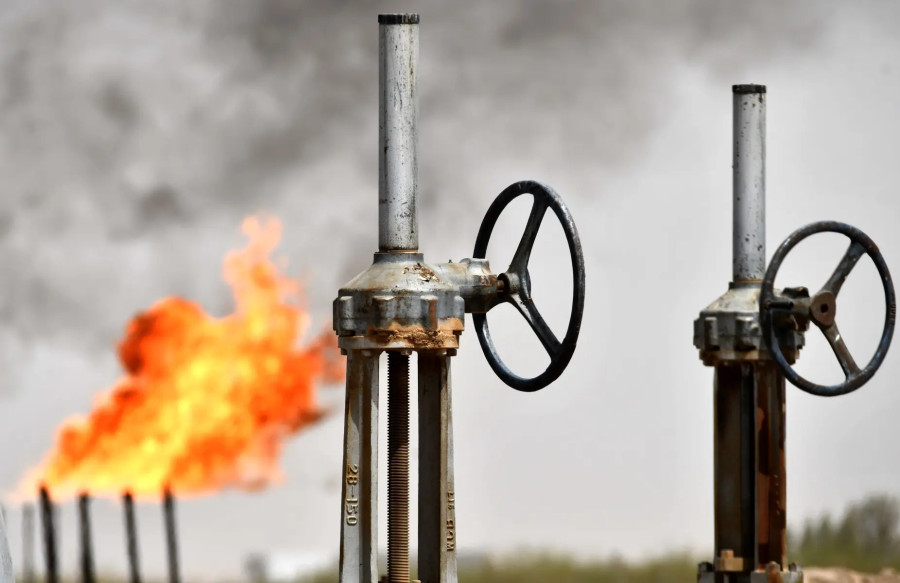The International Energy Agency said that global gas markets are gradually rebalancing, however, supply is expected to remain tight in 2023 amid lower gas shipments through Russian pipelines to Europe.
European and global gas markets suffered a major supply shock in 2022 when Russia cut its pipeline gas shipments to the European Union by 80%, leading to a global energy crisis.
Mild weather, an increase in LNG exports and a strong decline in gas demand helped mitigate the shock, leaving stocks in Europe at 60%.
In its quarterly report on the gas market, the agency said that the improvement in expectations regarding gas markets in 2023 is not a guarantee against future fluctuations...Global gas supplies are expected to remain scarce in 2023, and the balance in gas markets worldwide faces widespread uncertainty. Unusually.
Renewed market tensions and price volatility could result from risks, which include bad weather such as a dry summer as well as reduced LNG supply and the possibility of a further decline in Russian supplies to Europe.
LNG now accounts for two-thirds of Europe's gas imports, and will meet about a third of Europe's gas demand during the 2022-2023 heating season. European LNG imports rose 25%, or 20 billion cubic meters, during the heating season, and the United States provided more than 45% of the additional supplies.
But the global supply of LNG is expected to increase by only 4%, or more than 20 billion cubic meters, in 2023, which will not be enough to compensate for the expected decrease in gas supplies through Russian pipelines to Europe.






































